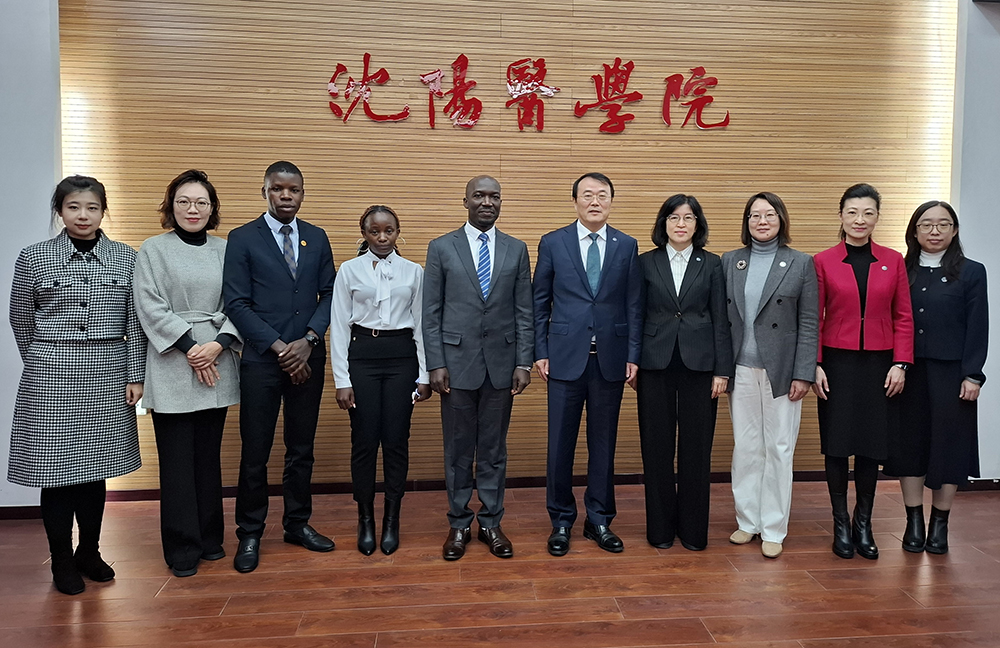Nabbanja Proposes Mandatory Agricultural and Science Education in Secondary Schools

The Prime Minister, Robbinah Nabbanja, is advocating for mandatory agricultural and science education at the Ordinary Secondary School level in an effort to change the mindsets of young people. She believes that showcasing agri-technologies developed by students during the national education show will generate interest in the industry, which offers numerous employment opportunities.
In an effort to change the mindsets of young people, Uganda’s Prime Minister, Robbinah Nabbanja, on 15th July 2023 suggested that agricultural and other science topics be made mandatory in the Ordinary Secondary School level.
The agri-technologies displayed by students from various schools across the nation should serve as an eye opener to interest students in participating in the large industry with many employment opportunities, according to Nabbanja, who was closing the 2023 National Education Show on Saturday 15th July 2023 at the Uganda National Farmers Federation-UNFFE Jinja city-based show grounds.
100,000 students from 1100 schools from across the nation attended this year’s national education expo, where 34 of them displayed agriculture innovations and related agronomic practises to crowds of visitors who flocked to their exhibition stalls.
In order to change the mindset of the larger population of young people, who have long been shaped as job seekers rather than creators, Nabbanja said she will draught a cabinet paper outlining the advantages of educating learners in agriculture technologies and opportunities.
She added that this cabinet paper, if approved, will inform clear policies on funding for young people-led innovations developed by students at various educational levels, and that marketing of their finished products to help the current farmers, or even linking them to viable partnerships with established investors in their related fields, may be an option.
Nabbanja maintains that regular training in agricultural technologies for both young people and seasoned farmers will promote poverty eradication by ensuring Uganda’s food security and providing space for interested parties to sell their excess farm output to other East African nations.
She added that young people must get involved in the farming community’s development in order to create a strong and knowledgeable group that can successfully navigate the constantly shifting agricultural landscape, which is characterised by technical issues like climate change in addition to other factors. This will ensure the sector’s sustainability for the following generations.
Additionally, George Mutekanga, the assistant commissioner in charge of private education, claims that many students and their parents have over time expressed interest in pursuing agriculture due to the sector’s viable employment opportunities. However, because the subject is still optional, they choose to pursue other subjects instead because it is not required.
Making agriculture a required topic, according to Mutekanga, is the simplest approach to encourage more young people to pursue their aspirations in this vast industry.
According to Dick Kamuganga, president of UNFFE, his teams have developed a platform where all ideas demonstrated by students have been profiled for simple connection to other government ministries for further enhancement and potential funding.







